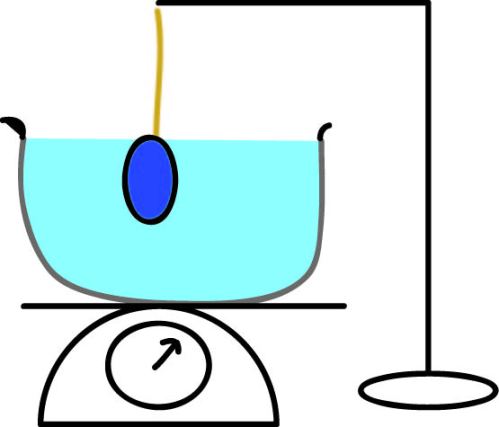About a couple of years ago I received, to my surprise, an invitation to be the token string theorist in the annual conference “Loops 2007”. Over the years, especially during my long term stays at the Perimeter Institute, I befriended quite a few people from the loop community. Mexico is always a pleasure to visit, and there is practically no jet lag involved, so I could just fly in and out of there, in between getting a few days to go around with my camera and enjoy a picturesque colonial town. So, I thought to myself, why not?
Of course, there was also the small issue of what to talk about. Previous such talks involved string theorists reviewing recent developments in the field, and where progress has been made. Nothing is wrong with that, but I thought I’d go a different route. Years ago Lee Smolin asked me why I don’t work on LQG (Lee is a true believer, and a direct sort of guy, I respect that), so I thought I’d use my hour to give a detailed answer. Without being overly obnoxious, of course, I would not want people having the wrong impression of us string theorists…
Naturally, one hour is not enough for such a large topic, so I had to narrow it down to cover just one major issue, and I chose to talk about background independence. Among all the fundamental differences between different approaches to quantum gravity (including for example, what does it mean to quantize gravity), this to me seems like the one needing most clarification. It is the one expression most likely to be used as a mantra, or as the one answer fitting almost any question, so basic and primary that evidently no elaboration is needed.
So, I’ve done my part now, I have given the talk, which was a real pleasure, and I have now expanded it to this writeup. In the process I have learned that writing a polemic is not as easy as it looks…I hope someone enjoys reading this, and it provokes a few useful discussions. I’d be happy to answer questions if it is evident they are formed after reading what I wrote.
Update: I guess the link to the writeup is not going to be available till tomorrow, apologies for the bad planning. In the meantime anyone interested can play the traditional lunch-time game of trying to guess what is in a paper you haven’t read. Oftentimes you discover things more interesting than the actual paper, that may well be the case here.
Update (September 23rd): I am not sure how much I would trust someone who cannot manage to submit a simple PDF file to the arXiv, but here it is finally, knock yourselves out.
Read Full Post »
